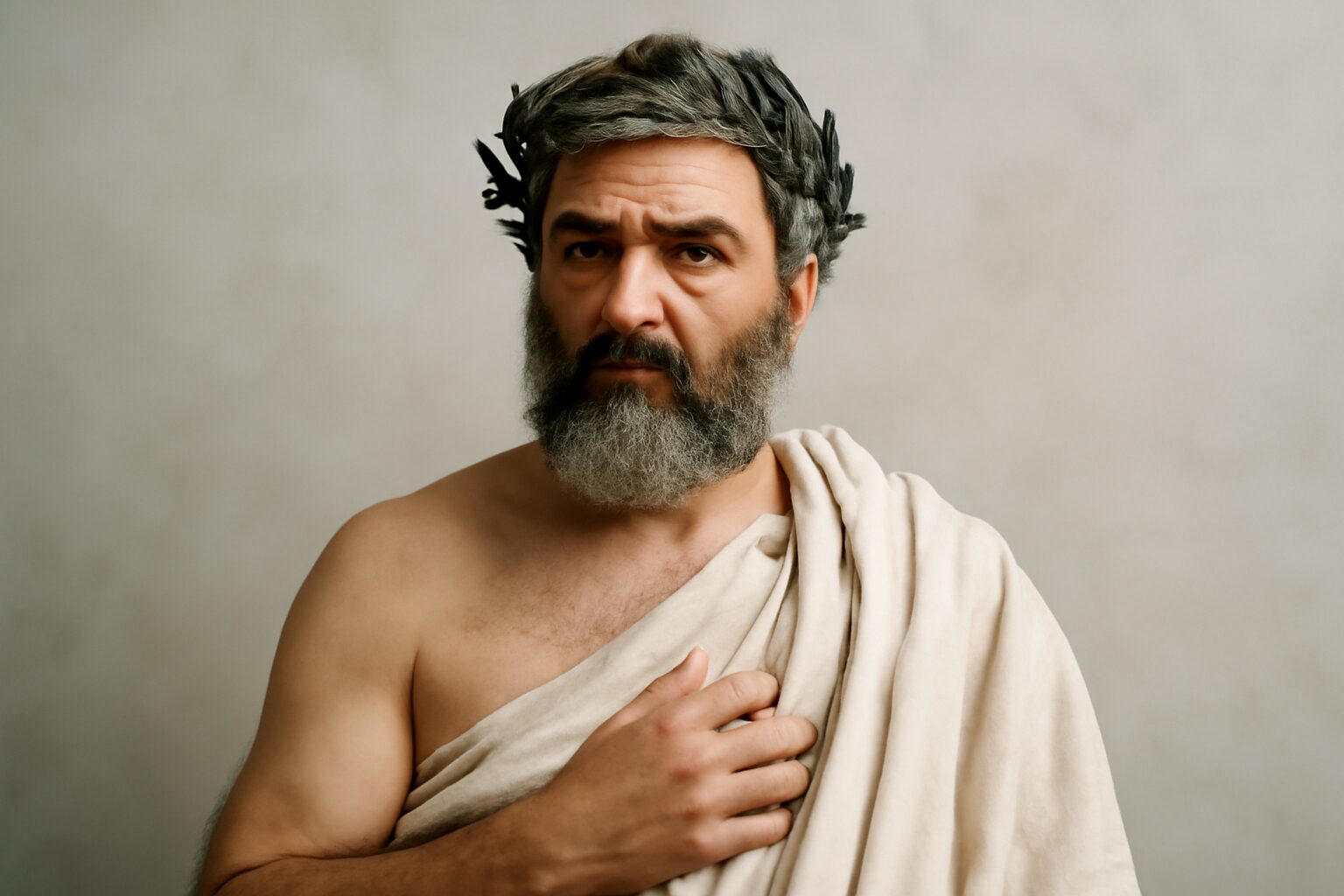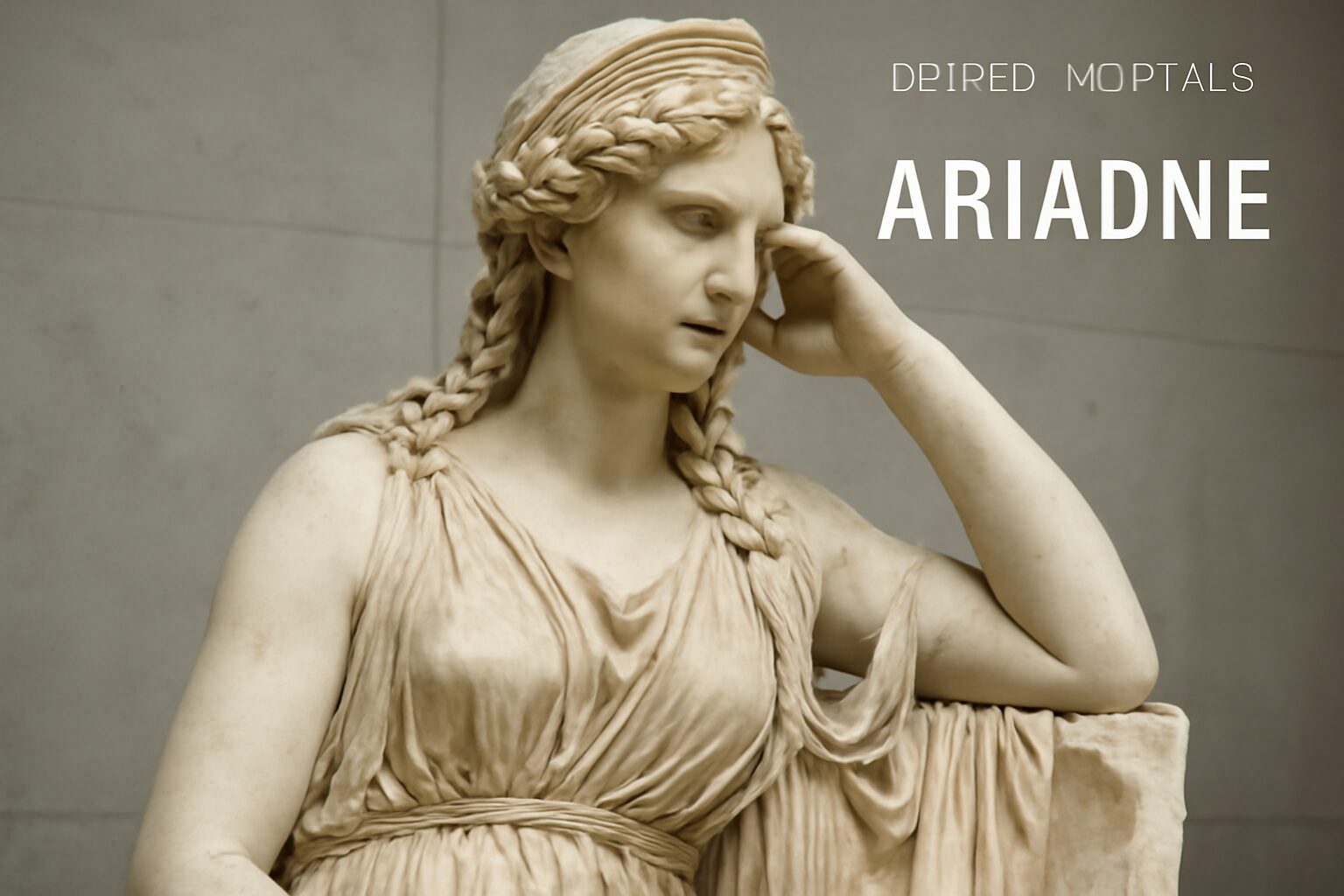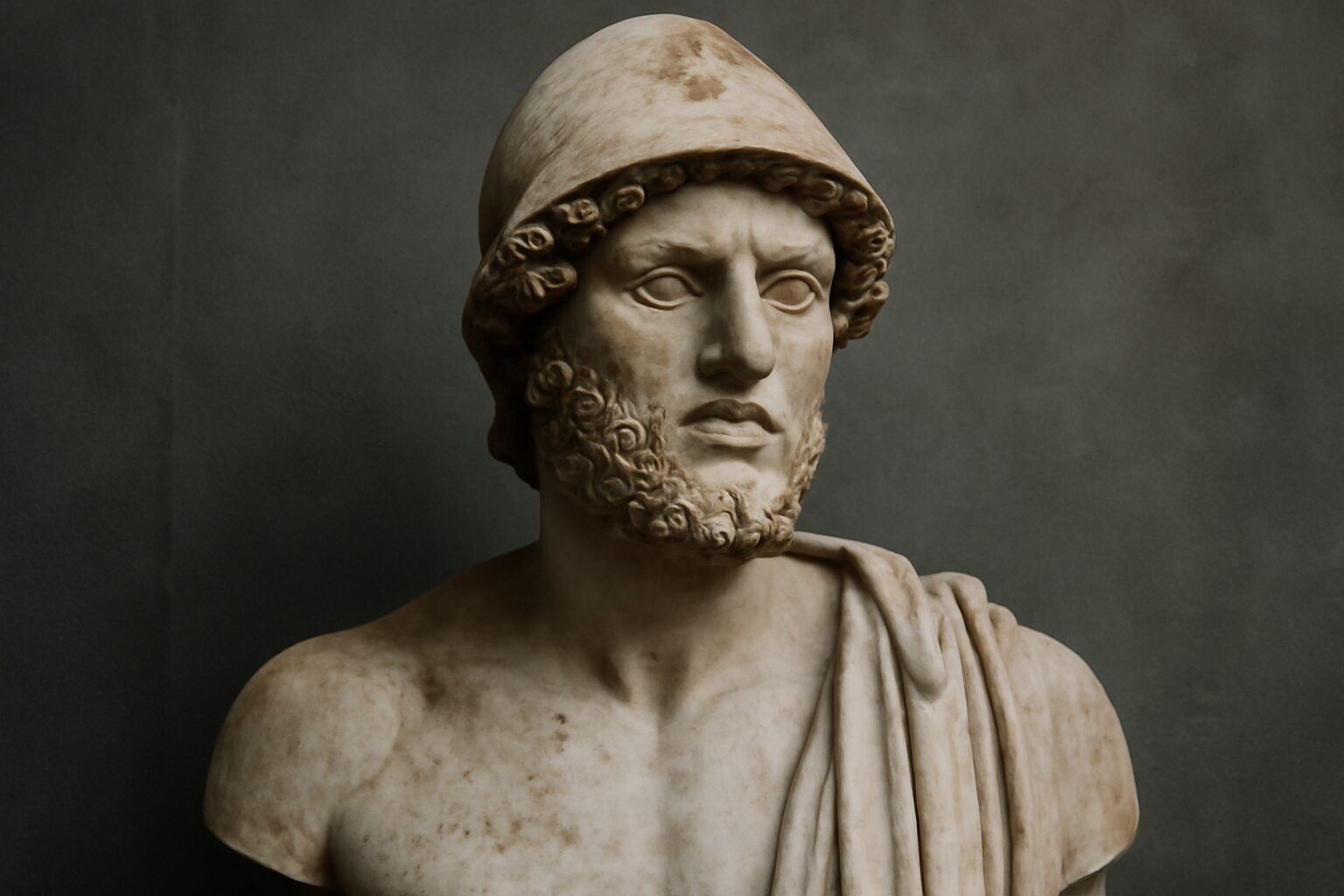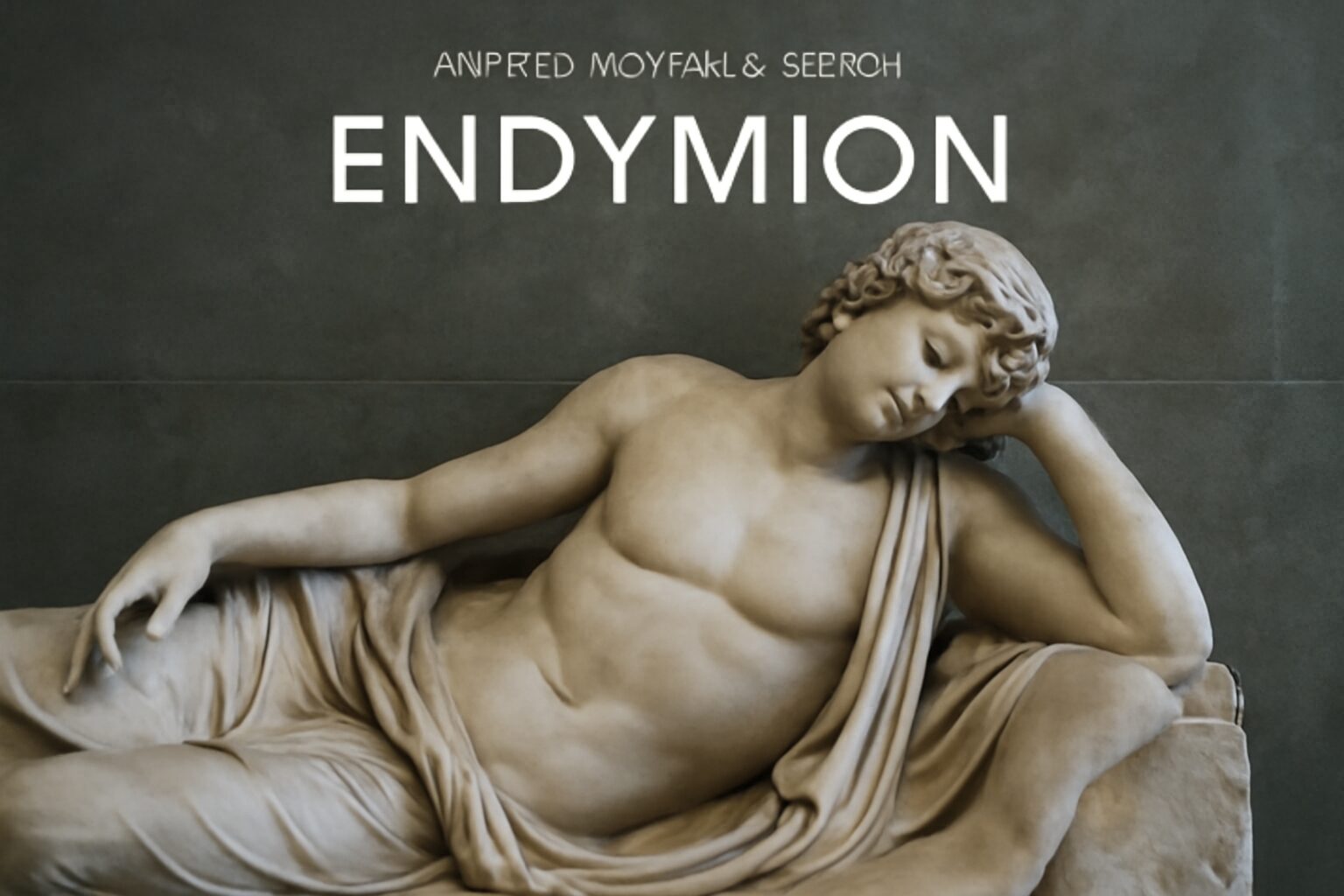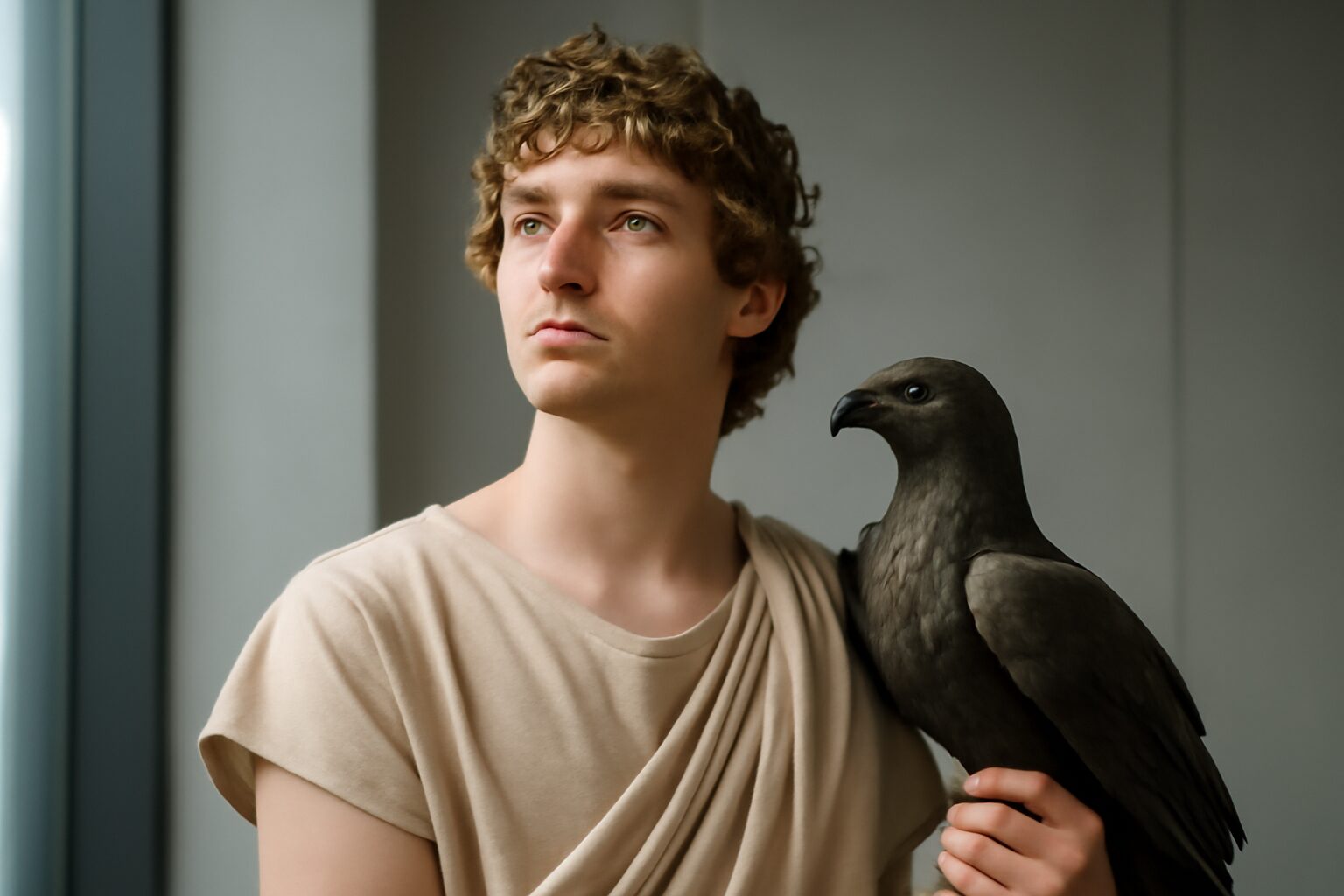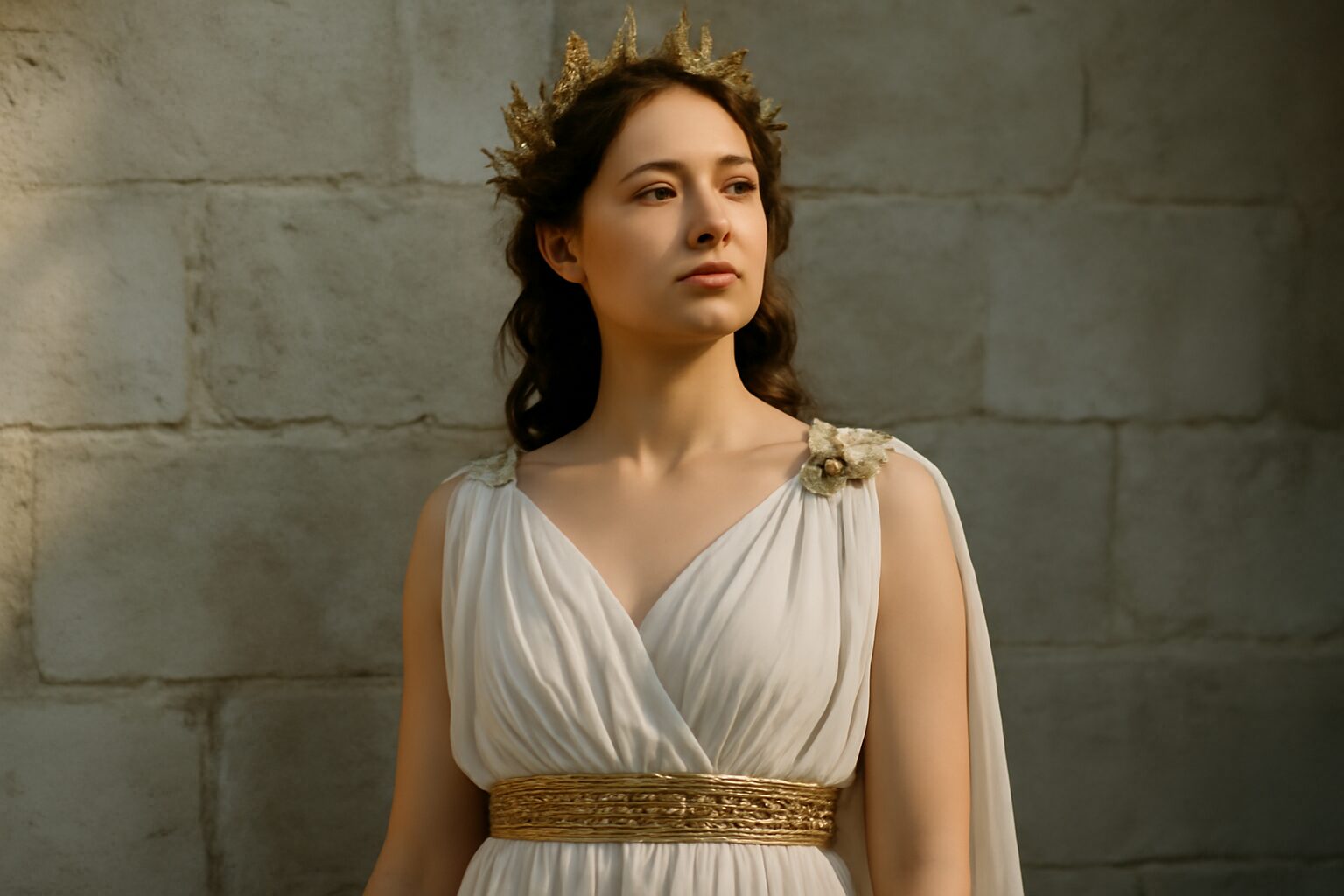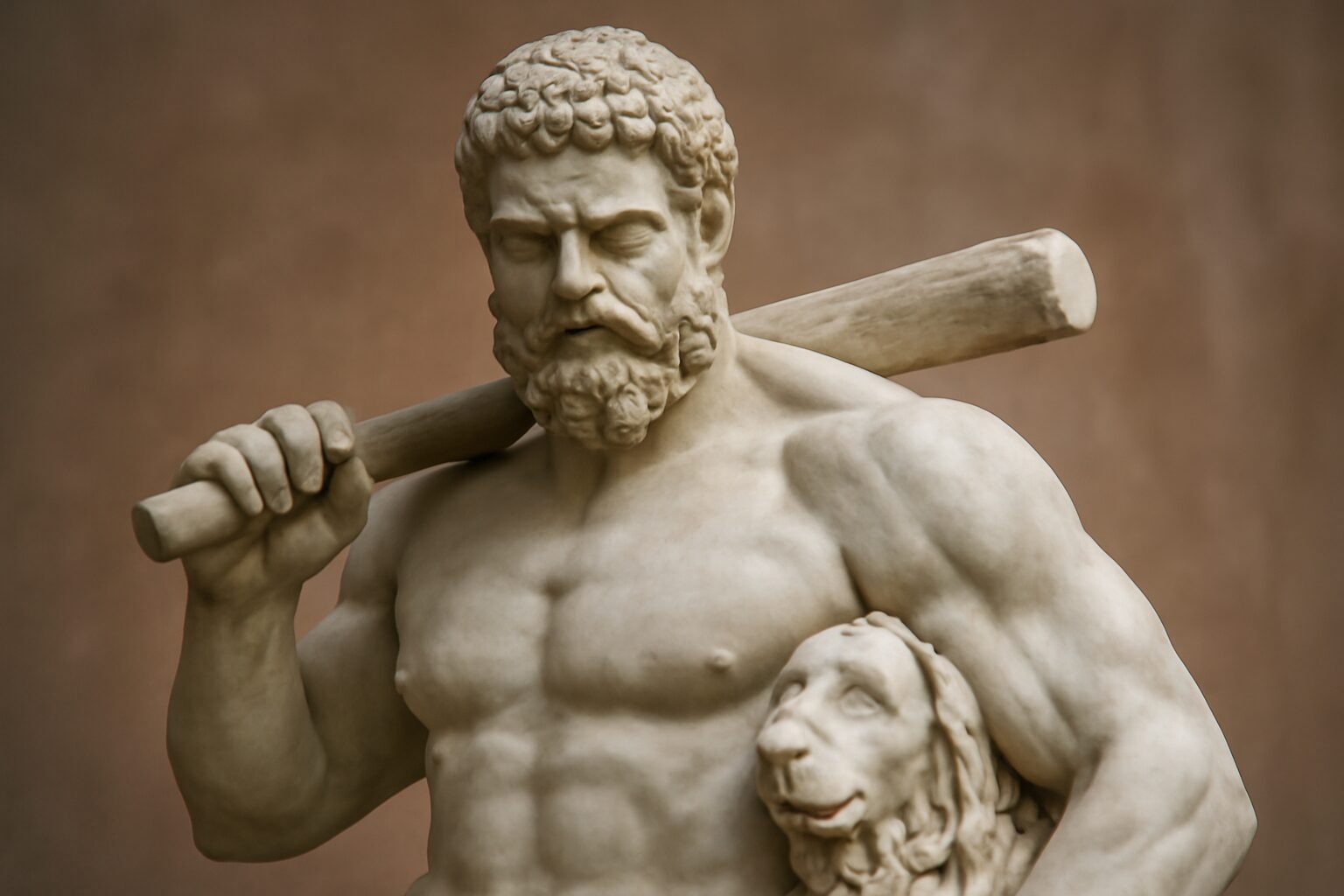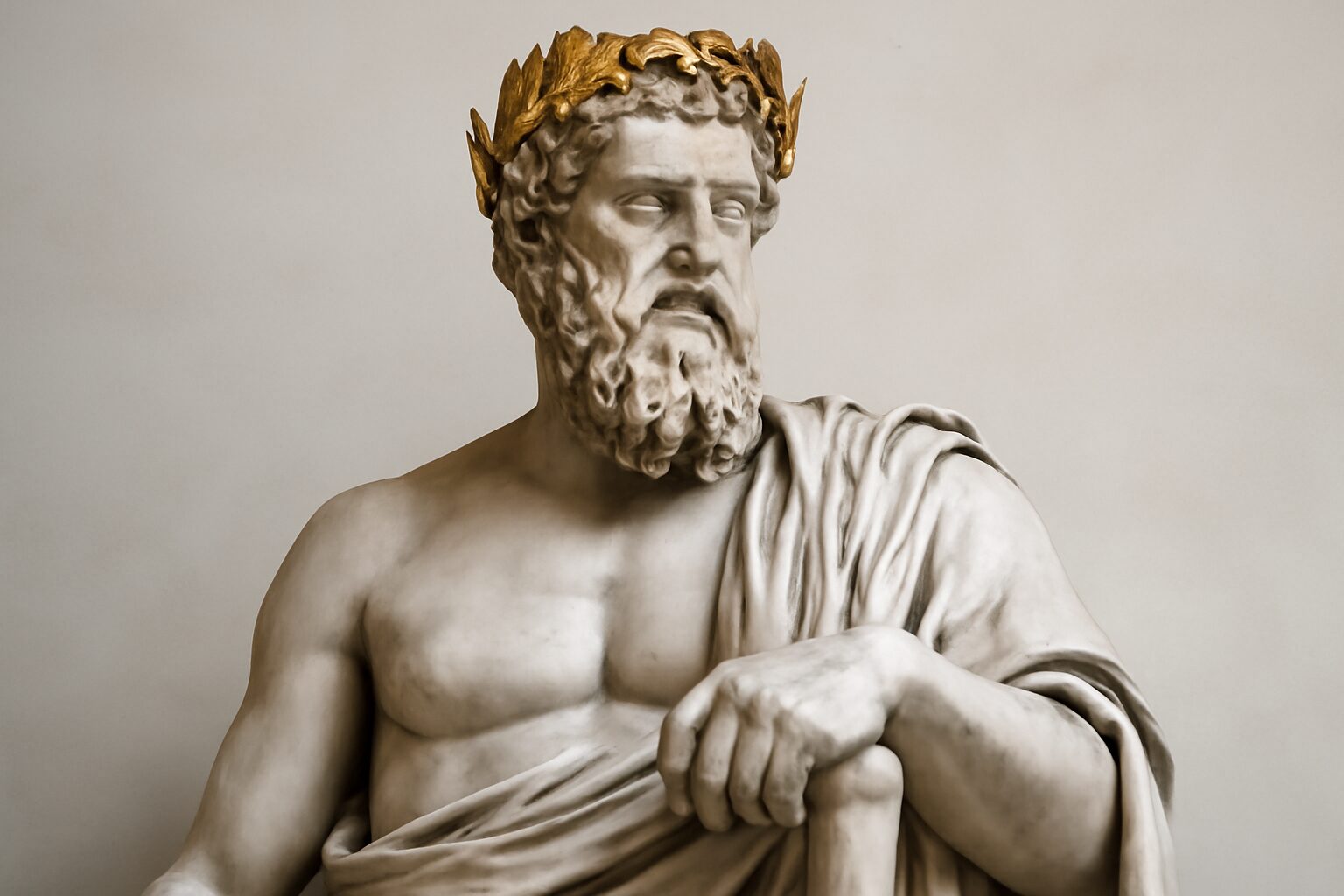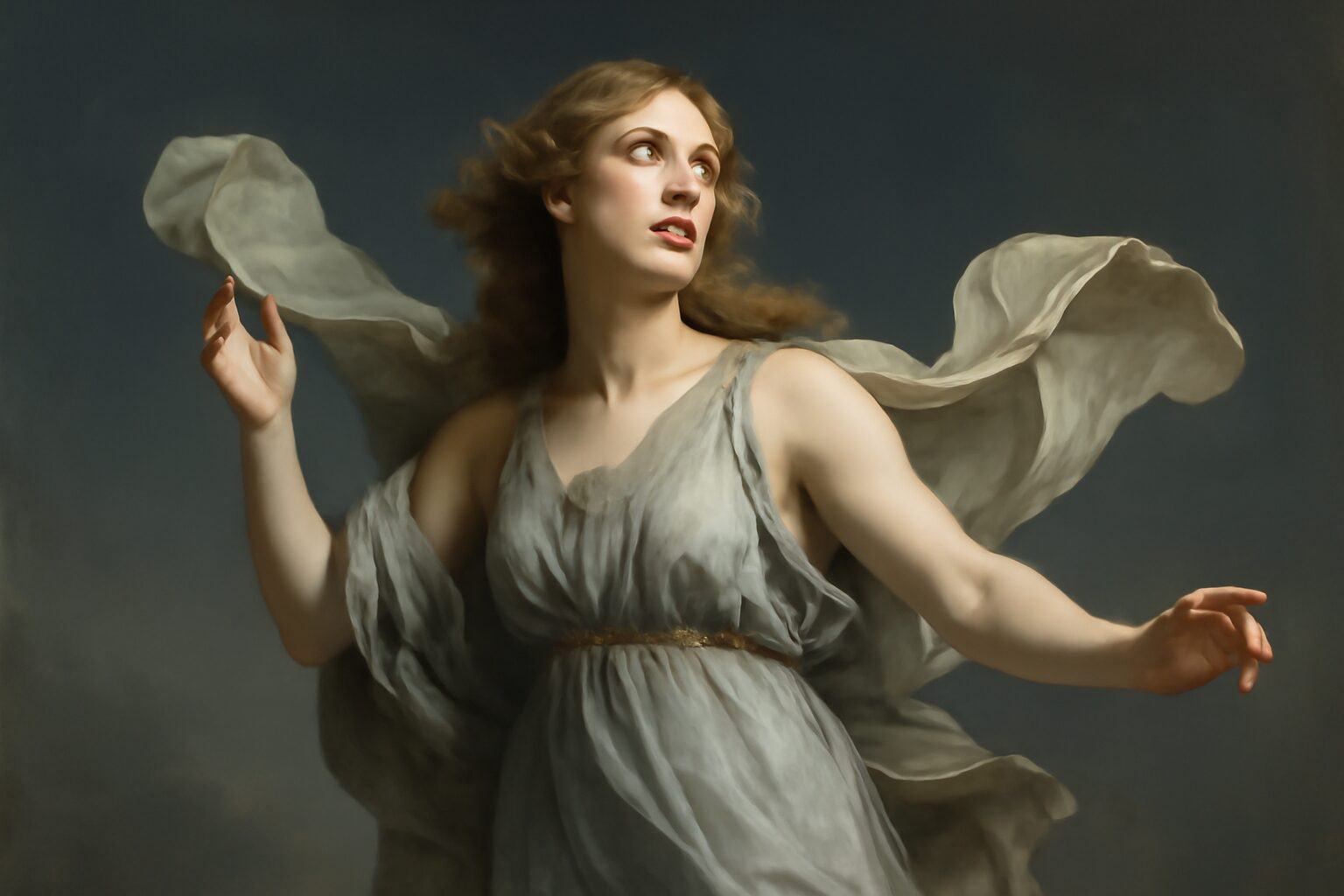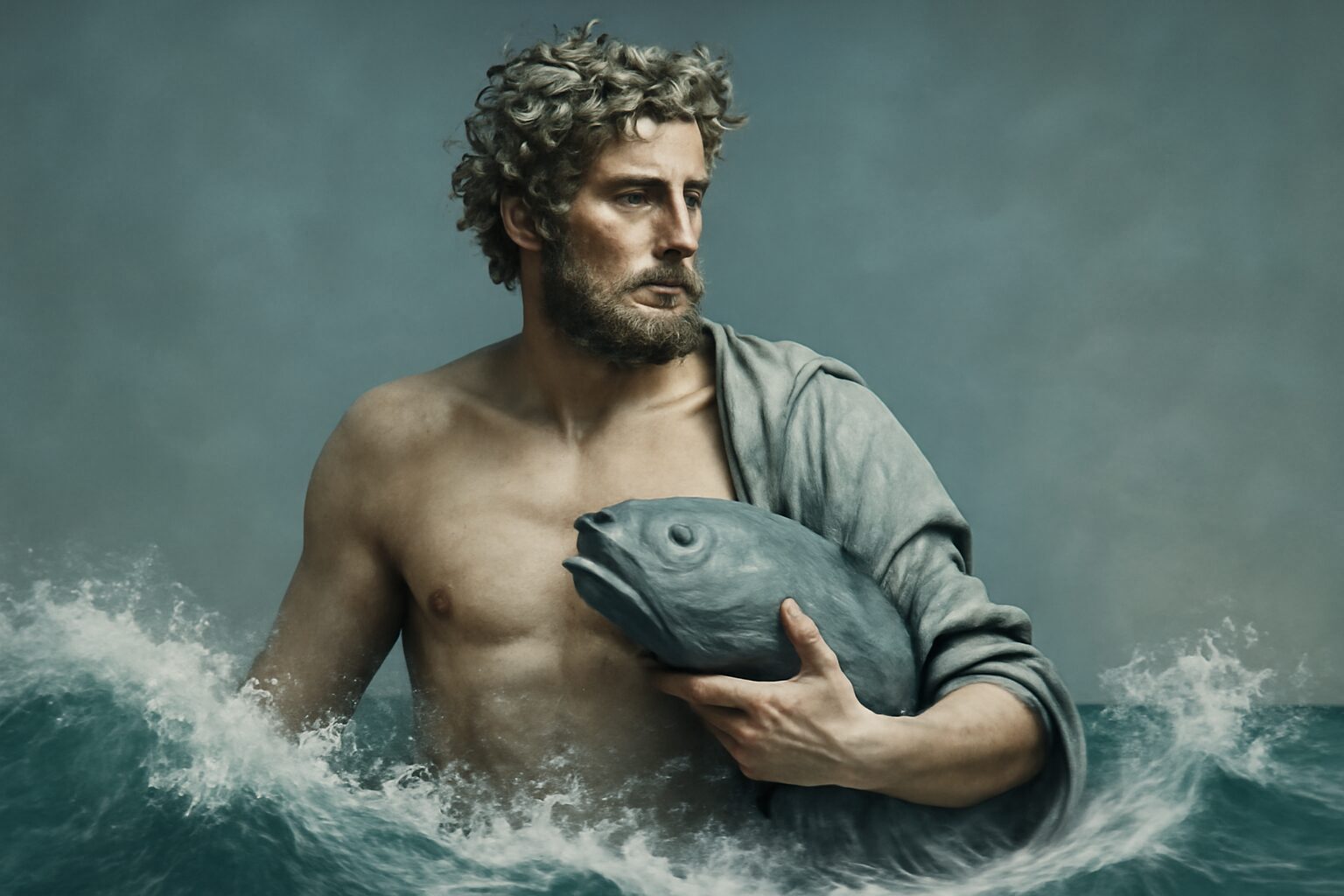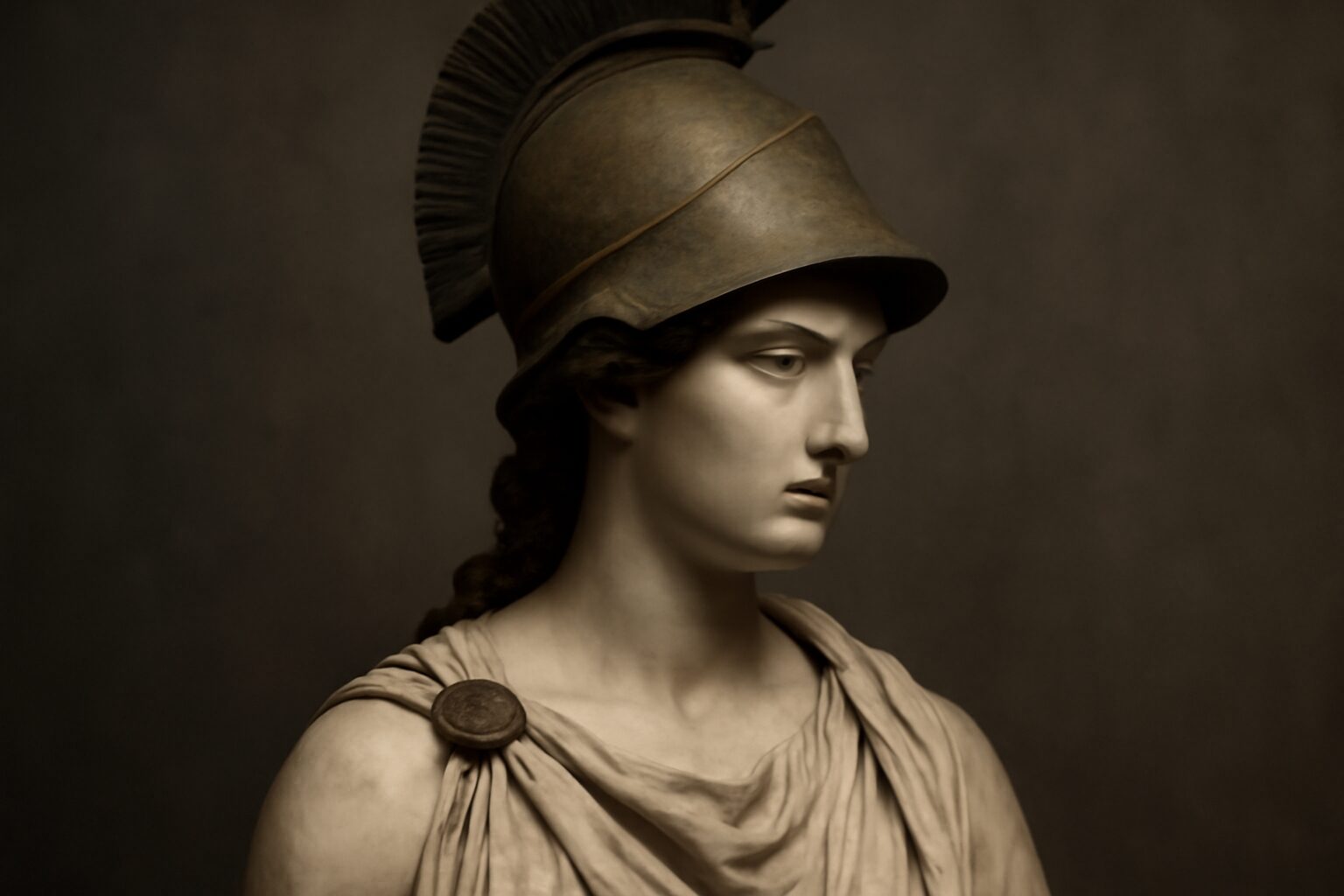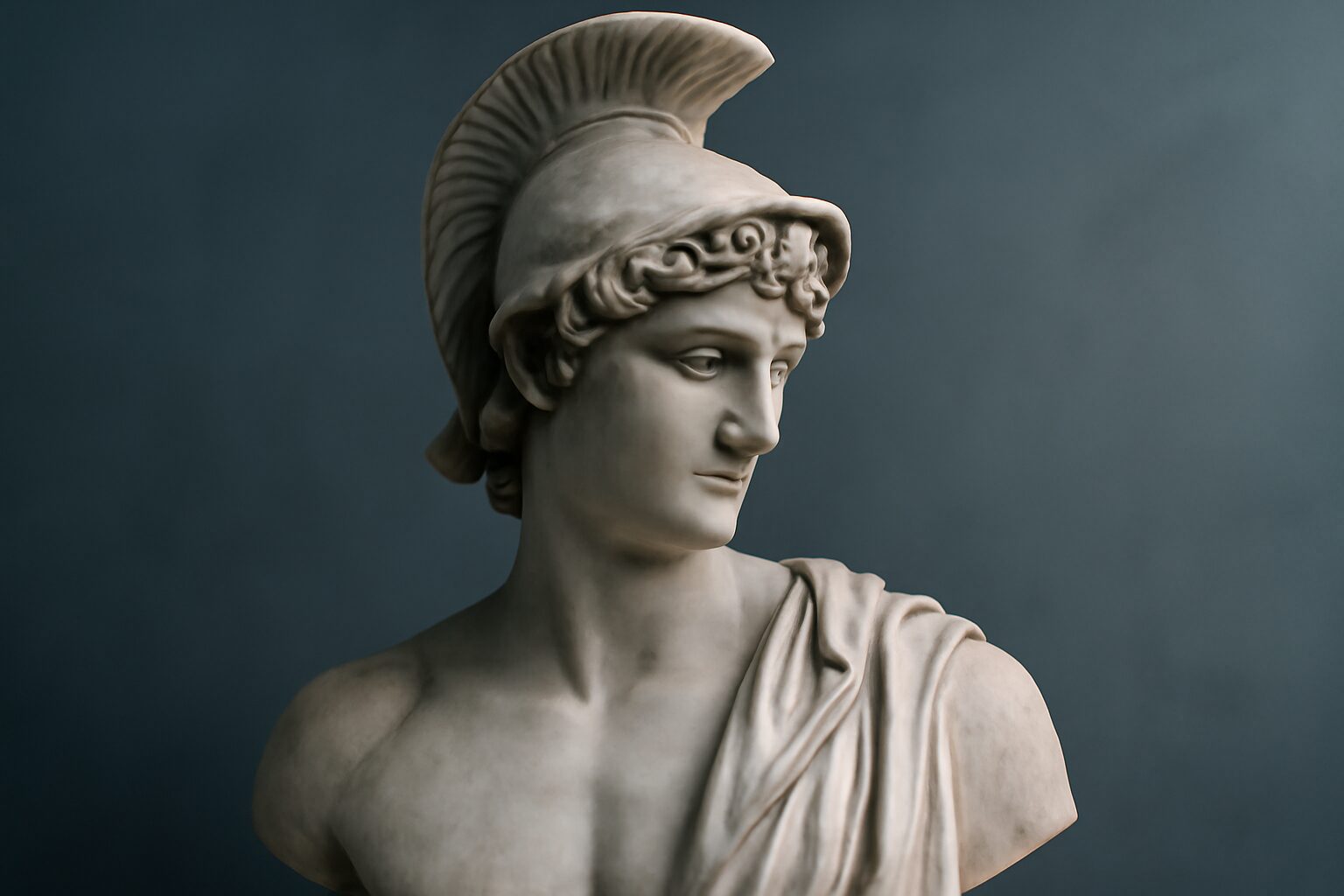Psyche: The Mortal Who Became a Goddess
In Greek mythology, Psyche (meaning "soul" or "breath of life") is a figure whose story intertwines love, trials, and divine transformation. Originally a mortal princess of extraordinary beauty, her tale is most famously told in The Golden Ass by Apuleius, blending myth with allegory.
The Myth of Psyche and Eros
Psyche's legend begins with her unparalleled beauty, which drew comparisons to Aphrodite herself. Jealous of the attention Psyche received, the goddess of love commanded her son, Eros (Cupid), to make Psyche fall in love with a hideous creature. Instead, Eros accidentally pricked himself with his own arrow and fell deeply in love with her.
Eros whisked Psyche away to a hidden palace, visiting her only under the cover of darkness, forbidding her to see his face. Tricked by her envious sisters, Psyche broke this rule, lighting a lamp to gaze upon him. A drop of oil woke Eros, who fled, leaving Psyche heartbroken. Thus began her arduous quest to win back his love.
Psyche's Trials and Apotheosis
Aphrodite, still vengeful, imposed four seemingly impossible tasks on Psyche: sorting a mountain of grains, retrieving golden wool from deadly sheep, collecting water from the River Styx, and descending into the Underworld to fetch a box of Persephone's beauty. With divine aid (often from ants, reeds, or eagles), Psyche succeeded—though her curiosity nearly doomed her when she opened Persephone's box, falling into a deathlike sleep.
Eros, moved by her devotion, rescued her and appealed to Zeus. The king of gods granted Psyche immortality, uniting her with Eros as equals. Their marriage symbolized the union of love (Eros) and the soul (Psyche), and their child, Hedone, became the personification of pleasure.
Symbolism and Legacy
Psyche's story is rich with allegory, representing the soul's journey through hardship to achieve eternal love and enlightenment. Unlike most Greek myths, her tale ends in triumph rather than tragedy, emphasizing perseverance and redemption.
In art and literature, Psyche is often depicted with butterfly wings, symbolizing transformation—just as a caterpillar becomes a butterfly, her mortal soul ascended to divinity. Her myth influenced later philosophical and psychological thought, with the term "psyche" enduring as a symbol of the human mind and spirit.
Alternative Names for Psyche
God Name: Anima (Roman)
In Roman mythology, Psyche is sometimes referred to as Anima, which means 'soul' in Latin. This name reflects her role as the personification of the soul and her journey in mythology.
God Name: Psychu0113 (Greek)
The original Greek name, Psychu0113, means 'soul' or 'butterfly,' symbolizing the soul's transformation and immortality. This is her primary name in Greek mythology.
God Name: Cupid's Consort (Roman)
Psyche is often referred to as Cupid's Consort in Roman mythology, highlighting her relationship with Cupid (Eros in Greek mythology) as his beloved and later wife.
Tales about Psyche
Psyche and Aphrodite: A Tale of Beauty and Envy
In the mortal realm, Psyche was renowned for her breathtaking beauty, so much so that people began to neglect the altars of Aphrodite, the goddess of love and beauty. Consumed by jealousy, Aphrodite commanded her son Eros to make Psyche fall in love with the most despicable creature. However, Eros was so captivated by Psyche that he accidentally pricked himself with his own arrow and fell deeply in love with her.
The Trials Begin
When Aphrodite discovered this betrayal, she was furious. She subjected Psyche to a series of impossible tasks, including sorting a massive pile of mixed grains overnight—a feat only accomplished with the help of compassionate ants sent by Gaia. Another task required Psyche to fetch golden wool from fierce, sun-crazed sheep; she succeeded by gathering wool caught on brambles at dusk.
The Final Test and Divine Intervention
Aphrodite’s cruelest task was sending Psyche to the Underworld to retrieve a box of beauty from Persephone. Warned by a talking tower and aided by Zeus's eagle, Psyche retrieved the box but succumbed to curiosity and opened it, falling into a deathlike sleep. Eros rescued her, and Zeus, moved by their love, granted Psyche immortality, finally appeasing Aphrodite and uniting the lovers eternally.
Psyche and Zephyrus: The Gentle Wind’s Aid
During her arduous journey, Psyche often found solace and assistance from the gentle west wind, Zephyrus. Known for his soft, nurturing breezes, Zephyrus took pity on Psyche’s plight and became her unseen ally.
Rescue from the Cliff
In one of her darkest moments, ordered by Aphrodite to prove her devotion, Psyche was deserted on a high mountain peak, believed to be destined for a monstrous marriage. As she despairingly awaited her fate, Zephyrus swept down and carried her gently to a lush, hidden valley where Eros’s palace stood. This act of mercy spared her immediate peril and began her secret union with Eros.
Whispers on the Breeze
Throughout her trials, Zephyrus continued to aid Psyche, sometimes with gusts that guided her path or rustled leaves to offer cryptic advice. His presence symbolized hope and the idea that even in divinity, compassion could be found. Ultimately, Zephyrus’s interventions highlighted the interconnectedness of the gods and their roles in mortal destinies, especially in tales of love and perseverance.
Frequently Asked Questions
Who is Psyche in Greek mythology?
Psyche is a mortal woman in Greek mythology who becomes the wife of Eros, the god of love. Her story symbolizes the soul's journey through trials to achieve eternal love and happiness.
What does the myth of Psyche teach us?
The myth of Psyche teaches about perseverance, trust, and the transformative power of love. It shows how overcoming challenges can lead to personal growth and divine reward.
Why is Psyche important in Greek mythology?
Psyche is important because her story bridges the mortal and divine worlds. Her eventual deification represents the idea that the human soul can achieve immortality through love and virtue.
How does Psyche's story apply to modern life?
Psyche's story applies today as a metaphor for overcoming obstacles in relationships and personal growth. It reminds us that true love and self-discovery often require patience and resilience.
What does 'deified mortal' mean in Greek mythology?
A 'deified mortal' in Greek mythology refers to a human who is granted godhood, often as a reward for extraordinary deeds or virtues. Psyche is one example, elevated to goddess status for her enduring love and trials.


